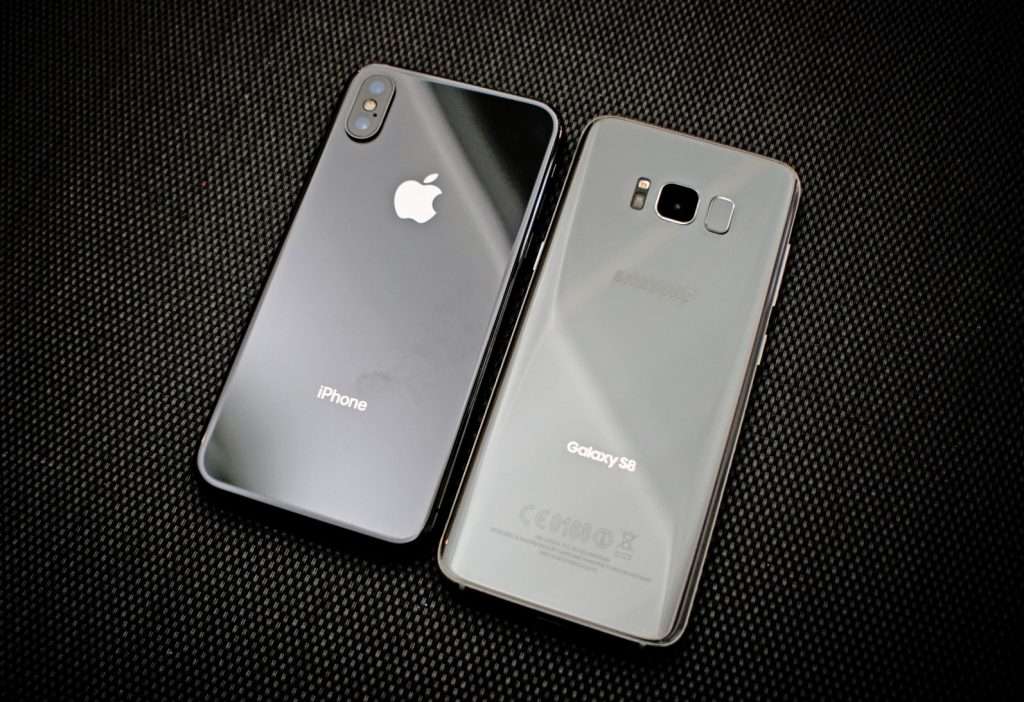
13 May Is An iPhone Better Than Android?
Smartphones truly took the world by storm. Before we knew it, our flip phones were replaced with these incredibly powerful pocket computers. Initially, during this acclimation period, several big names fought for dominance in the market – Symbian, BlackBerry, Windows Phone and others, all of which are now discounted or well on their way there. Only two giants remain at a seemingly indefinite stalemate. Today, it’s Apple vs Google and iPhone vs Android.
When comparing the two, we need to take several things into account:
- The operating system
- The price range
- Overall versatility
The distinction between the operating system is the biggest one here, as they differ on a fundamental level. Whereas Apple’s iOS is developed exclusively by the company’s in-house programmers, the Android OS is an open-source program based on the Linux kernel. What this means is that anyone is free to modify and edit the operating system, which is why you see so many different variations of the Android OS coming from different manufacturers. This leads us directly to the next important point…
Versatility. Hands down, Android dominates in this regard. Each company provides a different experience with their own customized Uls, and each developer can write apps and make them available for use, either through Google’s Play Store or another third party app store. On top of that, each company produces a variety of models that cater to almost every price range, from low-end smartphones to magnificent flagships such as the Galaxy S8.
On the other hand, this versatility is something of a double edged sword. While some may finde Apple’s strict control of all the software going through their phones, along with the exorbitant high-end prices for all their models quite exasperating, this approach is not without merit. You are left with much higher security, which is especially convenient for inexperienced users who are not aware of what may or may not be safe to download. On top of that, since Apple produces only a single model of phone per year, this allows them to fine-tune their operating system to perfection and provide better and longer lasting support for it, as well as better performance, even on inferior hardware.
So, in the end, is an iPhone better than Android? Not really. Does it have its merits? Definitely. Put simply, when making that important choice – “iPhone or Android?” – you should only get an iPhone if you plan on using it in the long run. Apple’s superior support ensures that your phone will be up-to-date and equipped with latest software for at least 5 years after its release, while android devices become outdated within a year or two. If, on the other hand, you want functionality and freedom to use your phone however you see fit, there is no question that Android is the right choice for you.


